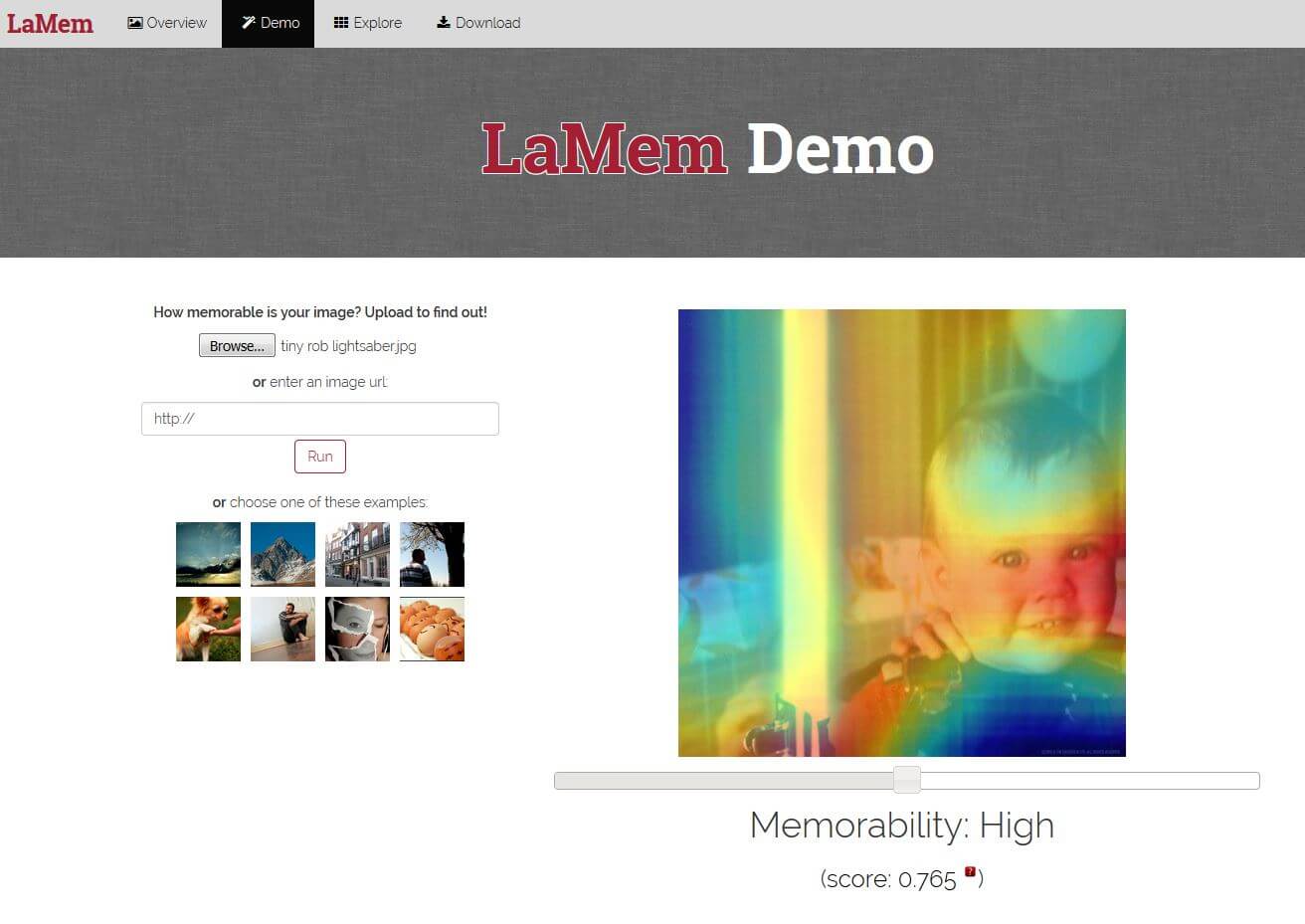
 Will-directory-publishers-still-dom...
Will-directory-publishers-still-dom... Recently, directory publisher AT&T reached a deal to sell a majority stake of their Yellow Pages division to Cerberus Capital Management, a deal that values the business at about $1.42 billion in equity. They are one of many directory publishers who have had to re-organise their businesses in recent years.
For decades, directory publishers have been largely immune to the economic upheaval that faced other media. As the dominant player in lead generation for local advertisers, businesses both large and small continued to invest in Yellow Pages. As other media, such as newspapers, magazines, television and online properties (i.e. search engines) aggressively confronted the changing digital media landscape, directory publishers were slow in making significant changes to their still successful businesses.
Times have changed. Online is now dominant, infinitely accessible and at the centre of everyday life. It has shaken old institutions and created new opportunities. The accelerated adoption of smartphones, tablets, iPads and the rise of Wi-Fi made a multi-platform product offering mandatory. Large national advertisers equipped with digital agencies and significant budgets have shifted a large share of their Yellow Pages local spend to other online, mobile and social properties. Small and medium businesses are now faced with a growing number of other marketing options each offering the ability to get more leads at a seemingly lower cost and greater reach compared to Yellow Pages directories.
Facing inevitable falling revenue, publishers have quickened the pace of significant change to compete in the local search market. Given the time and large costs of developing online, social and mobile infrastructures, the shrinking print base and often the large amounts of debt from years of unfettered acquisition costs of expensive spin-offs from parent Telcos. Profitability was inevitably an issue. Consequently, publishers have had to sell off large shares of their companies, restructure or refinance. It is a matter of corporate survival.
Given the valuation of only part of AT&T’s Yellow pages stake at 1.42 billion dollars, it is safe to say that the directory business is far from dead. Both Print Yellow Pages at 66% and Internet Yellow Pages at 52% continue to have broad reach. Although there has been a steady decline in overall directory usage, there remains a large core of consumers who use the directory regularly. This does not diminish the growing need for small and medium-sized businesses to diversify their marketing spend. Many research studies have demonstrated that consumers use an average of 3-5 media sources to look for a local business, it is no longer enough to put advertising in just one single medium. Given that small and medium advertisers have limited budgets and media usage varies by category and geography, there needs to be a way that local businesses can use multi-platform advertising options successfully.
Yellow Pages Publishers are attempting to be the dominant agency in this local environment, but it is hard to determine how successful they will be given local players such as Reach Local are also attempting to offer reasonably priced alternatives to those same businesses. Directory publishers do have the advantage of an established network with long term local relationships. They understand local businesses but with a tight economy, tough competition and increasingly bad press, it still remains a question of whether they will succeed.
If you want to find out more on how you can manage your local business listings, contact DAC today!

